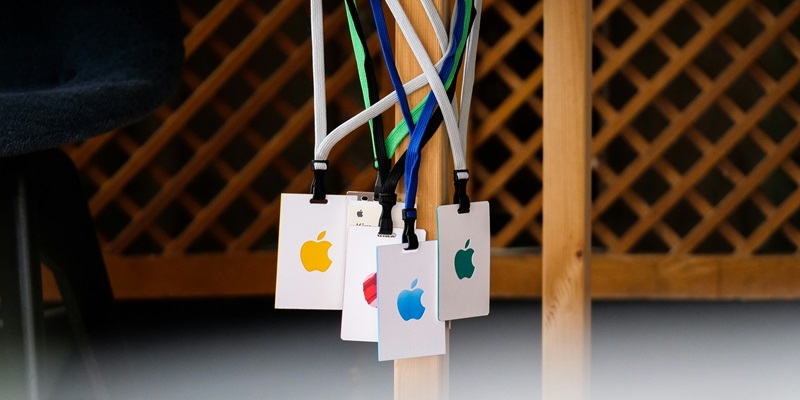The tech world is evolving, and artificial intelligence (AI) is at the forefront of this transformation. Apple, a leader in creating intuitive user experiences, is now pioneering the integration of AI directly into its devices. This innovative move will see Apple’s devices equipped with large language models (LLMs) independently of the cloud, enhancing privacy and performance.
By embedding AI on device rather than relying solely on cloud processing, Apple is taking a significant step toward a new era of smart technology. Devices could soon offer more immediate responses, better data protection, and work without internet connectivity, pushing the boundaries of what smart gadgets can do. This strategic shift not only emphasizes the importance of AI in future technology but also marks Apple’s commitment to user privacy and device capabilities. As the industry watches, Apple’s foray into local AI processing might set the new standard, underlining a pivotal change in how smart technology functions.
Integration of AI in Apple’s Ecosystem
Apple’s initiative to bring LLM inference to iPhones, iPads, and Macs promises a future where AI-powered functions operate seamlessly on device. This is not just an incremental update; it’s a transformative change. By running AI locally, Apple positions itself to offer unmatched data privacy and real-time processing. Users may soon witness their devices handling complex AI tasks without the latency and dependency on steady internet connectivity. Furthermore, innovations like model data transfer techniques signify a quest to optimize the intersection of hardware capabilities and AI efficiency.
Open Source Contributions and Developer Tools
Apple is diving into open-source Large Language Models (LLMs) with Ferret, signaling a drive to make AI more accessible. Ferret complements an array of emerging tools poised to revolutionize AI development, catalyzing innovation within Apple’s ecosystem. Beyond their user-centric AI endeavors, Apple is enriching its developer offerings. With AI-augmented Xcode and the MLX database, Apple is equipping developers with advanced tools to seamlessly integrate AI capabilities into their creations.
While Apple forges ahead in the AI landscape, it faces challenges such as forming strategic partnerships and strong competition from other tech titans. However, Apple’s fusion of hardware and software could enhance AI personalization, potentially leading the on-device intelligence revolution. Apple’s ambition may redefine industry standards and secure its place as a key influencer in an AI-dominant tech era.

